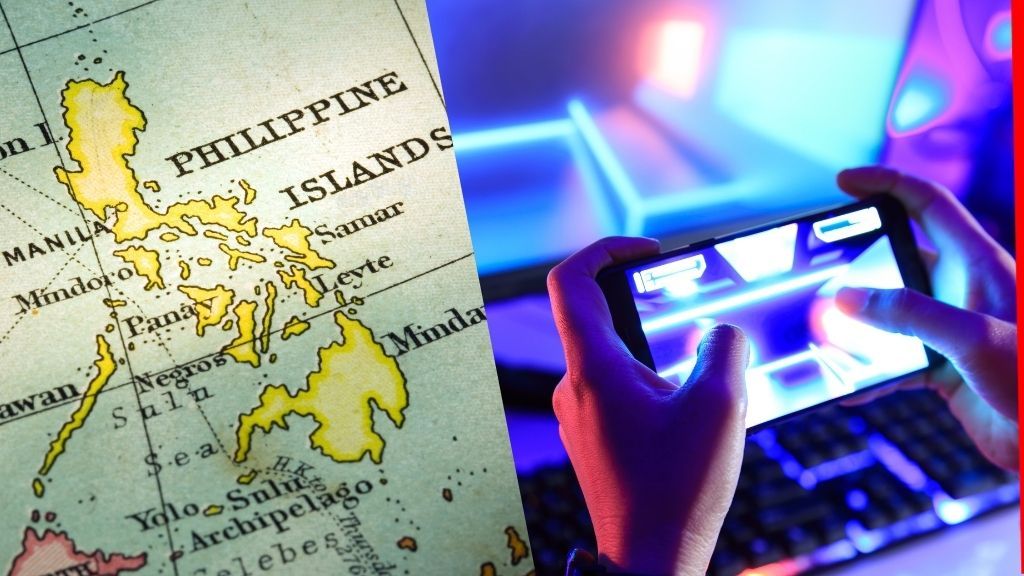
The Philippine Esports Organization (PESO) has welcomed the decision to postpone the inaugural Olympic Esports Games to 2027. Originally planned for this year in Riyadh, Saudi Arabia, the International Olympic Committee (IOC) announced the delay to allow for better preparation and planning. According to local media reports, PESO sees this as an opportunity to ensure the event is structured properly, particularly in deciding which games will be included.
In an interview with the Philippine Star, PESO Executive Director Marlon Marcelo acknowledged that the extra time would help esports federations worldwide prepare for the event. He noted that organising a global tournament of this scale requires extensive planning, especially in finalising the list of esports titles. He believes the postponement reflects the IOC’s commitment to delivering a well-organised competition.
Although the main event has been pushed back, the IOC has confirmed that the Road to Olympic Esports Games and its qualifiers will begin this year. PESO is closely monitoring the process and preparing to adapt to new developments. Marcelo said that the two-year gap will allow the country’s esports athletes to train for the games that will eventually be selected for the competition. He hopes that the final list will include titles where Filipino players excel, giving them a strong chance of winning medals.
PESO is now concentrating on other major competitions with the Olympic Esports Games postponed. The organisation is prioritising the International Esports Federation’s (IESF) World Esports Championship, the Southeast Asian Games in Thailand in 2025, and the Asian Games in 2026. Marcelo emphasised the importance of maintaining the country’s strong performance in regional and global esports tournaments, aiming for podium finishes in all events.
He also acknowledged that lessons were learned from the last Asian Games, where the country’s performance fell short of expectations. This time, PESO intends to ensure that Filipino athletes are better prepared for the competition.
Beyond international competitions, PESO remains committed to developing esports at the grassroots level. The organisation continues its involvement in the Palarong Pambansa, the country’s national school-based sports competition. The organisation is also working with collegiate leagues to promote esports in universities, inspired by the success of the University Athletic Association of the Philippines (UAAP) in integrating esports into its programme.
Marcelo noted that several colleges and universities have expressed interest in introducing esports into their leagues, and PESO aims to support these initiatives. The organisation hopes to build a stronger foundation for future international competitions by fostering local talent.